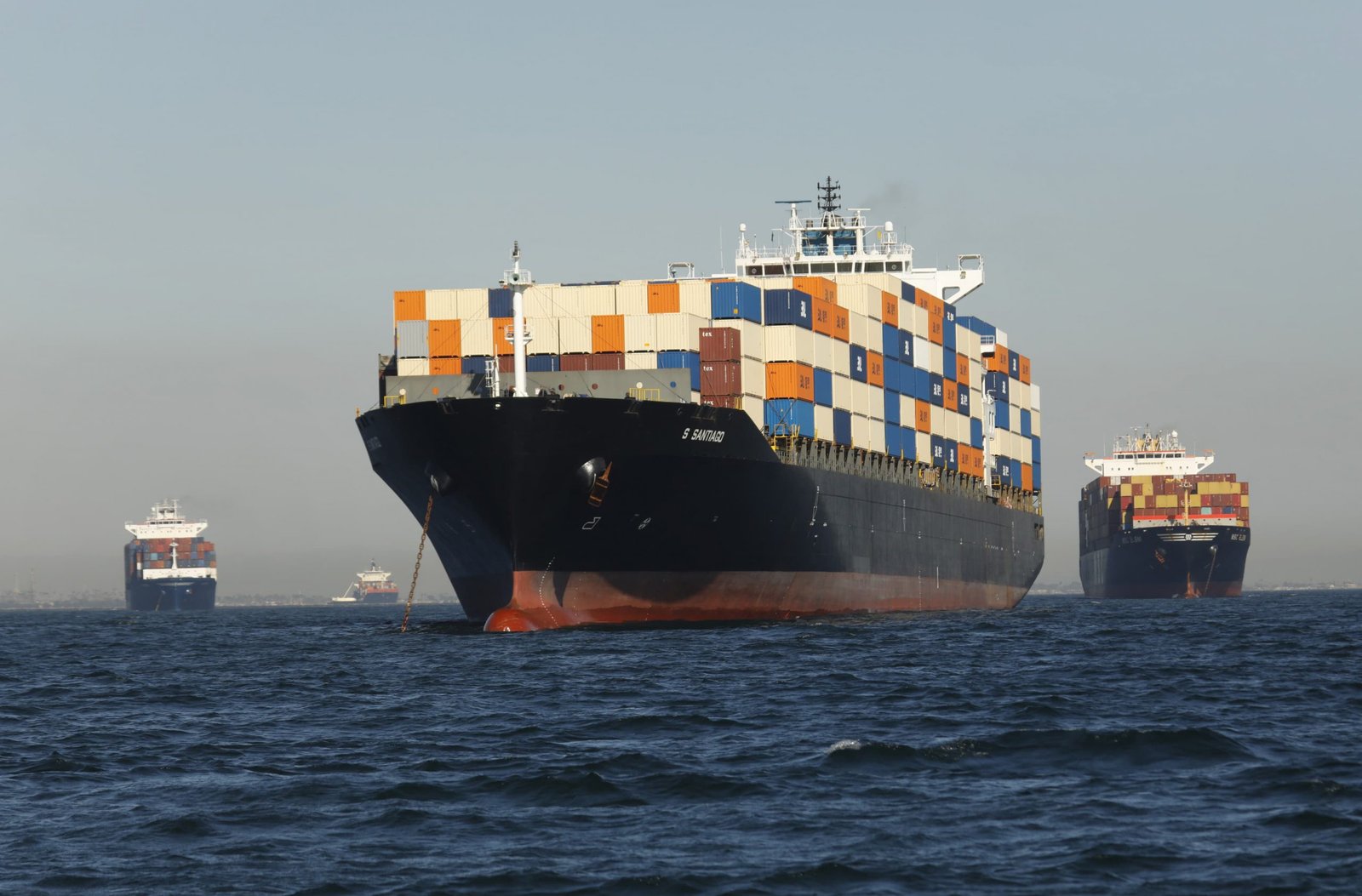HIGHLIGHTS
- The weekly China-Europe train from Shanghai has reported a 40% drop in bookings as forwarders evaluate the potential impact of sanctions.
- Now, forwarders are checking out other routes through the middle or southern corridors largely through Kazakhstan, Azerbaijan, Georgia, Turkey, and Romania.
- Ocean carriers have been quick to redeploy intra-Europe tonnage from Russian services to regions where capacity is in short supply.
FULL ARTICLE
Looking for an alternative to China-Europe Railway
The Russian Railways, a Russian fully state-owned integrated railway company, is currently facing sanctions from the West. Therefore, European forwarders have suspended bookings through Russia. Scan Global Logistics, a global logistics organization, said the majority of customers were turning to air or ocean freight, given the uncertainty surrounding sanctions against Russia and Belarus along with the risk of shipments getting stuck in either country.
And Chinese traders are also getting nervous. According to local media, some have stopped orders as they evaluate the potential impact of sanctions, including on insurance and payment settlement.

As a result, the weekly China-Europe train from Shanghai has reported a 40% drop in bookings and its frequency has also been reduced. Now, forwarders are checking out various routes through the middle or southern corridors largely through Kazakhstan, Azerbaijan, Georgia, Turkey, or Romania. However, these routes could lead to longer transit times and potentially increased congestion.
Seaway leads among alternatives
Ocean carriers have been quick to redeploy intra-Europe tonnage from Russian services to regions where capacity is in short supply. According to Alphaliner’s data, carriers have withdrawn some 10,000 TEU of weekly capacity after international sanctions forced the suspension of most Baltic services to Russia.
“Vessels that have become redundant in the Baltic trade are more than welcome on transatlantic routes, where several carriers have already organized sailings outside their alliances”, said a consultant at Alphaliner.

Indeed, carriers have so far deployed the unwanted ships on a mixture of new assignments, including transatlantic extra loaders, ad-hoc feeders, or new services. Alphaliner said it had counted 13 extra sailings from North Europe and the Mediterranean to the US east coast.
MSC has also taken the opportunity to launch a new weekly service from the Baltic Sea to US east coast ports, commencing at the end of March. The company said: “The Scan Baltic-to-US service will open new opportunities for exporters across the region and enhance support for the automotive, furniture, and seafood industries between the Scan Baltic and the US”.
Meanwhile, feeder operators have also been swift to readjust their networks, with leading operators X-Press and Unifeeder reassigning ships to other services.
Gia Don
Three of the world’s biggest container shipping companies stop deliveries to Russia













